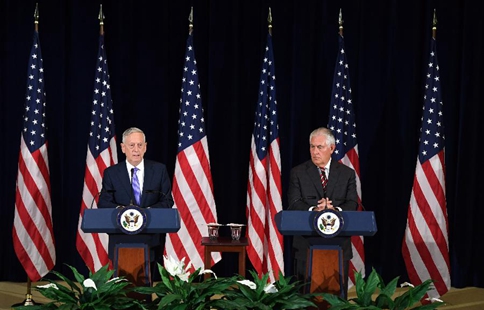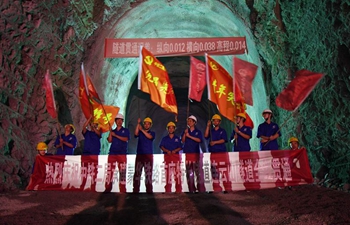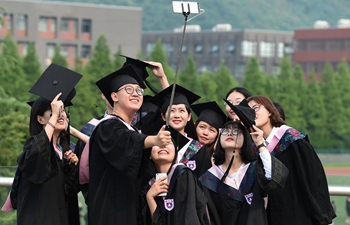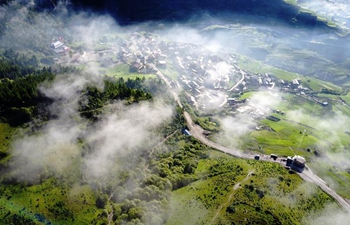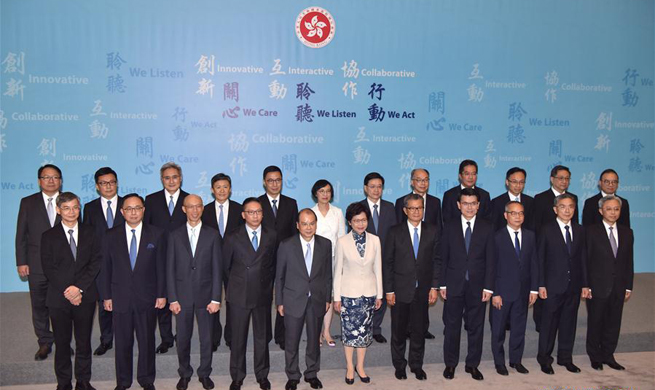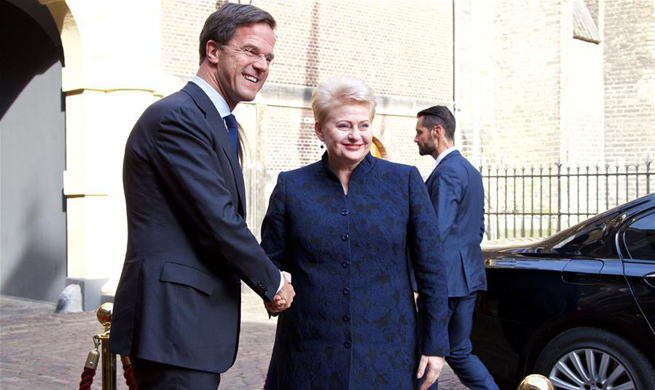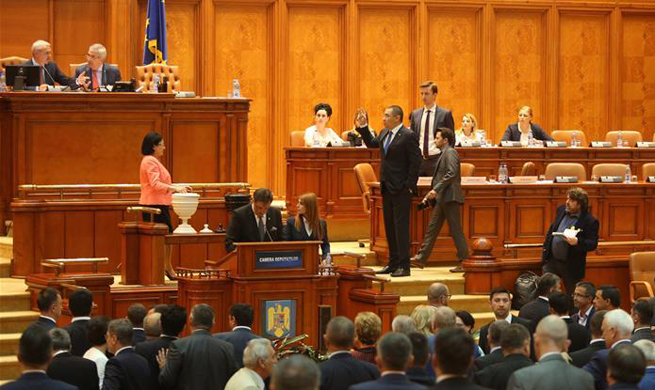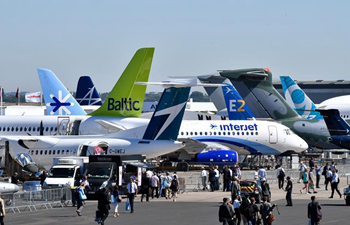MADRID, June 21 (Xinhua) -- Hao Shiyuan, a scholar with the Chinese Academy of Social Sciences (CASS), said in a recent visit to Spain that in the 13th century, Marco Polo, who toured China for 17 years, was the first Westerner to say that Tibet is part of China.
Hao, director of the Institute of Ethnology and Anthropology under the CASS, visited Spain as member of a delegation of Cultural Exchange of Tibet, which participated in a conference entitled "The history and the actuality of Tibet".
Hao said that according to Marco Polo, since the Yuan Dynasty (1271-1368), Tibet was under China's rule, as reflected by the Italian in his book entitled "Travels of Marco Polo".
"Tibet is a big land where people have their own language and idolatry. But all of their affairs are placed under the management of the Yuan Emperor," Marco Polo then wrote in his book.
Hao also presented the situation of Tibet before and after 1959, the year when this autonomous region was peacefully liberated. He said that since the 18th century, many Western people have described a system of servitude in Tibet.
Hao said that Tibet, before the democratic reform in 1959, had a theocratic feudal serfdom, darker than the Dark Age of Medieval Europe. Governmental officials, aristocrats and senior lamas, who represented merely 5 percent of the population, had the monopoly on all cultivated land, pastures, mountains, rivers, and most of the cattle. The other 95 percent of serfs and slaves possessed neither productive materials nor personal freedom.
Samuel Turnei, of the British India Company, visited Xigatze in 1783 and described Tibet as follows: Tibet first appears to travelers as the worst place on earth, showing a great extent of cultural incompetence.
In 1904, when British colonialists invaded Tibet again, an army journalist, Edmund Candler, gave the true nature of Tibetan society -- like the serfs during the middle ages of Europe.
"Yet, this (Potala) palace, where dwells the divine incarnation of the Bodhisat, the head of the Buddhist Church, must have witnessed more murders and instigations to crime than the most blood-stained castle in medieval Europe."
"The monks are the overlords, the peasantry their serfs," described Edmund Candler in his book "The Unveiling of Lhasa".
In ancient Tibet, there was no school in the modern sense. Education was monopolized by the monasteries and less than 2 percent of children had access to school. Some 95 percent of the labor force was illiterate.
Now, Hao said Tibet has a completely modern education system with distinctive local features, covering preschool, primary, secondary and higher education, occupational education, continued education and special education.
Hao Shiyuan provided the latest figures for 2016, when Tibet had 6 institutions of higher learning, 127 middle schools and 826 primary schools. The total enrollment was over half a million. Some 98.9 percent of children are enrolled in primary schools, 23.4 percent in colleges. Illiteracy fell to 1.2 percent. Average span of education for people over 15 years old has grown to 7.3 years.
Last year, Tibet maintained double digital economic growth and people's living standard continued to rise, with per capita urban distributable income reached 27,875 yuan (4,082.75 U.S. dollars), up 10 percent year on year; rural 9,316 yuan, up 13 percent.
However, the modernization of Tibet is still a major challenge for the Chinese government, because modernization at 4,000 meters above sea level is a pioneering effort with no prior models to follow, Hao said.
Population of the Tibet Autonomous Region is now about 3.2 million, with 27.74 percent urban and 72.26 percent rural. The economic and social development of Tibet remains a long and difficult task during China's modernization drive, he said.
Hao's delegation met on June 16 with President of the Constitutional Commission of the Senate of Spain, Juan Jose Lucas, while the day before, it was at a conference at the Confucius Institute in Barcelona.




